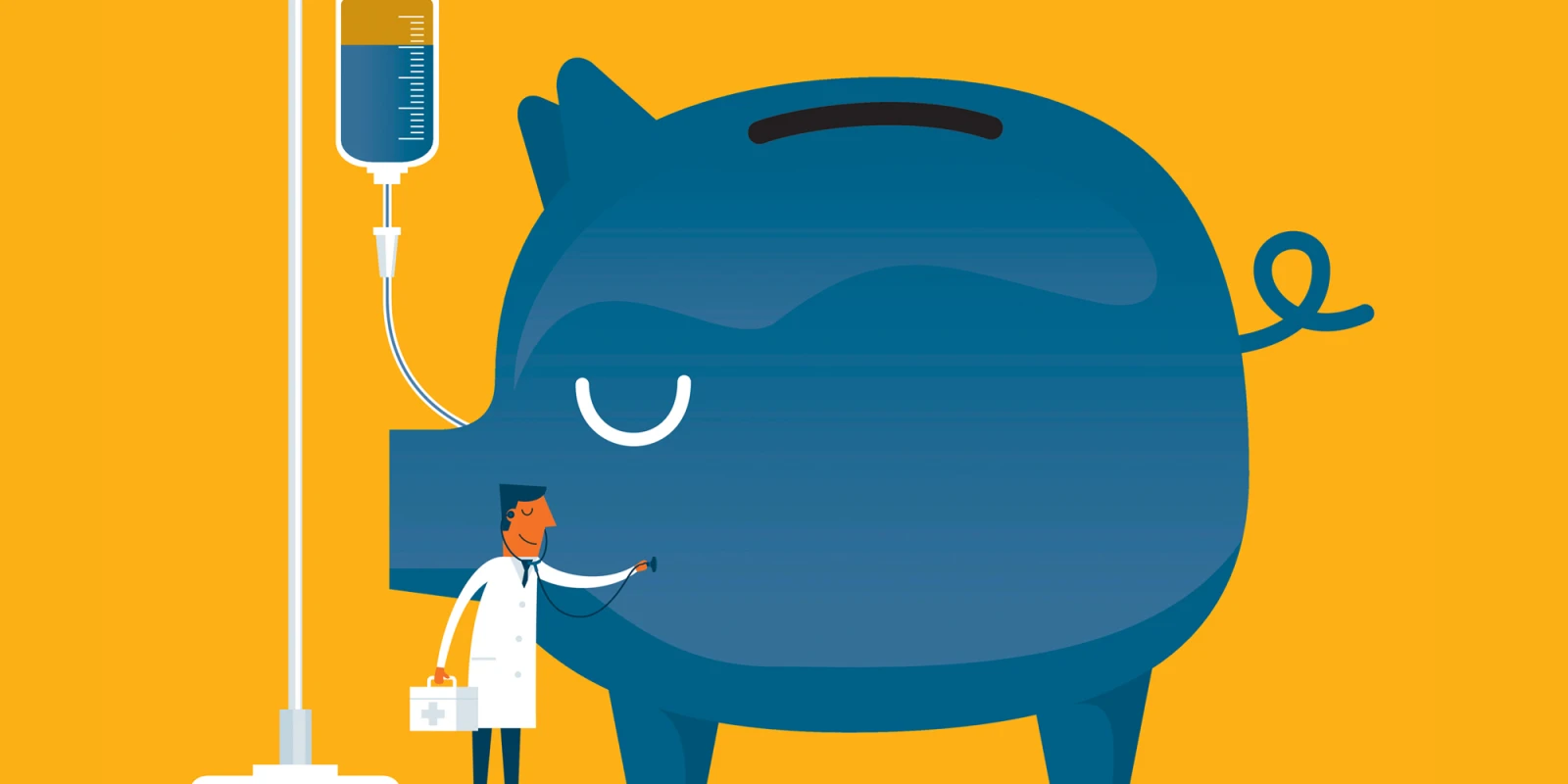
Last month I wrote about some of healthcare economist Victor Fuchs's insights into healthcare efficiencies, specifically on a micro level. I'd like to continue this theme by exploring his thoughts on the US healthcare system's macro-efficiencies. As a system, we are actually quite efficient on a micro level, showing that our individual patient interactions do not significantly contribute to our lower life-expectancy or added healthcare costs. When we look at our system on a broader scale, however, we don't fare quite so well.
The main variable that Fuchs evaluates is exogenous morbidity, or morbidity that "represents morbidity that results from genetic differences, social conditions, personal behaviors, and the interaction of these factors." It excludes any morbidity that is attributed to medical failures or mistakes. This is an important distinction because it is where we better evaluate our efforts on a comprehensive societal scale and evaluate how such inputs contribute to our focused investment within the healthcare system.
Not surprisingly, Fuchs concludes that when looking at such morbidity, the United States fails appreciably; we are terribly macro-inefficient compared to other countries. In other words, we simply do not use our health resources in an efficient manner. In a future piece, I will look at how this fragmented financing relates to the health of the population and health care coverage, but we'll presently explore such macro-inefficient use of resources within the healthcare system itself.
To put it bluntly, our macro-inefficiency stems from our excessive spending on things of little value to our health. It is estimated that about one-third of our healthcare spending (or roughly $1 trillion) is wasteful—it doesn't provide any benefit and in some cases is actually harmful. Some of this spending is only known retroactively, meaning that many of its causes are not unambiguously known ahead of time. An over-reliance by systems on gratuitous technology is a big part of this. But much of this spending goes towards things such as excessive administration. A great deal of this growing administration on the insurance side comes from efforts to avoid paying certain claims, whereas much of the administration on the hospital and clinic side are used to optimize billing for maximum reimbursement.
Historically, these two factors canceled each other out—there is no need for clinical billing specialists if third-party payers are not avoiding payment. This continuous "militarization" of administration also decreases clinical productivity as physicians and staff spend many hours of often fruitless efforts to get a prior authorization for a needed test or medication. And the patient gets stuck in the middle; at least we have administrators to help combat the other administrators. Patients don't have such a "luxury". While administration certainly isn't the only representation of low-value resource utilization, it represents a huge opportunity cost for the system.
So what do we lose out on by spending so much on such low-value services? This is only partially a rhetorical question as it is something that should guide our societal priorities. We could easily provide health insurance coverage to every American with billions of dollars freed up (something we'll discuss further in my next post). We could put a significant dent in poverty, in food insecurity, considerably improve our educational system, and other social determinants of health. We could increase our investment in researching cures for chronic illnesses. While in general Americans don't like to take advice from other countries, there are plenty of examples in the world that could help us achieve more efficient resource utilization.
Since we all contribute to and participate in (albeit to varying degrees) the healthcare system, and since the health of one person can affect the health of others, what can we do to make things more efficient on a macro level for all of us? No one solution exists, but there are some things that would improve our macro efficiency. We owe it to ourselves to use our limited resources as efficiently as possible to achieve as positive medical outcomes as we can. Check back next month to look at next steps.
Dr. Kyle Bradford Jones is a board-certified family physician at the University of Utah School of Medicine. He practices at the Neurobehavior HOME Program, a patient-centered medical home for individuals with developmental disabilities. He is very interested in how technology and social media can be used to improve overall health and clinical care.
Dr. Jones is a 2018–2019 Doximity Author.





